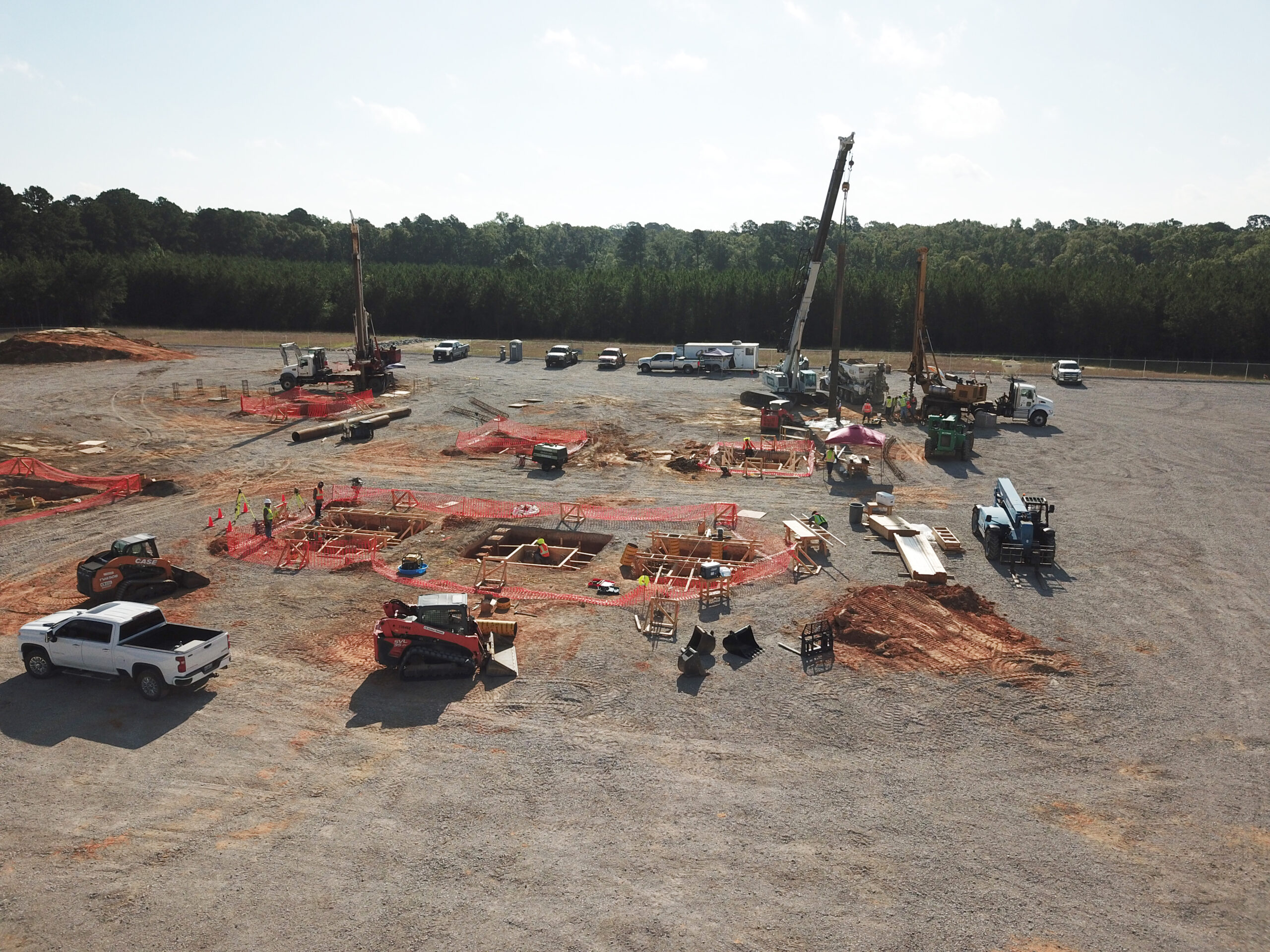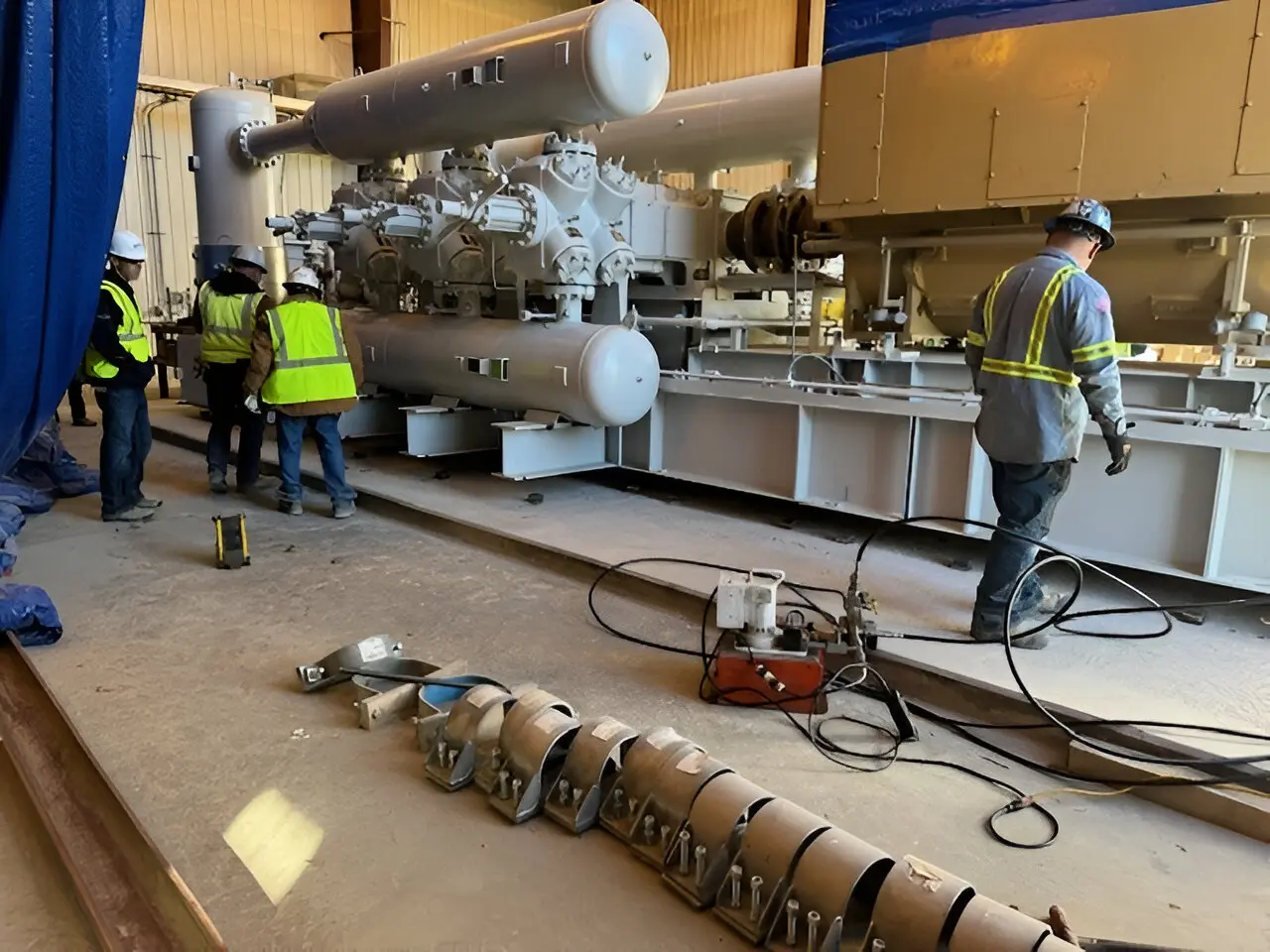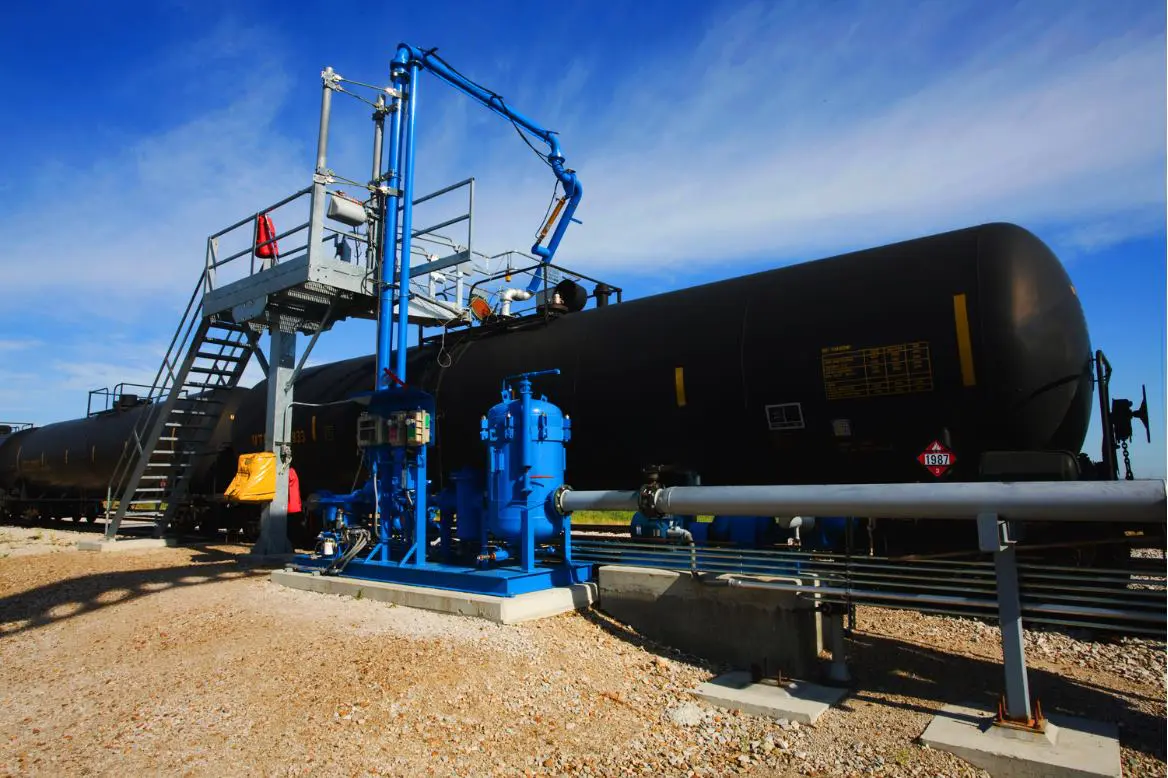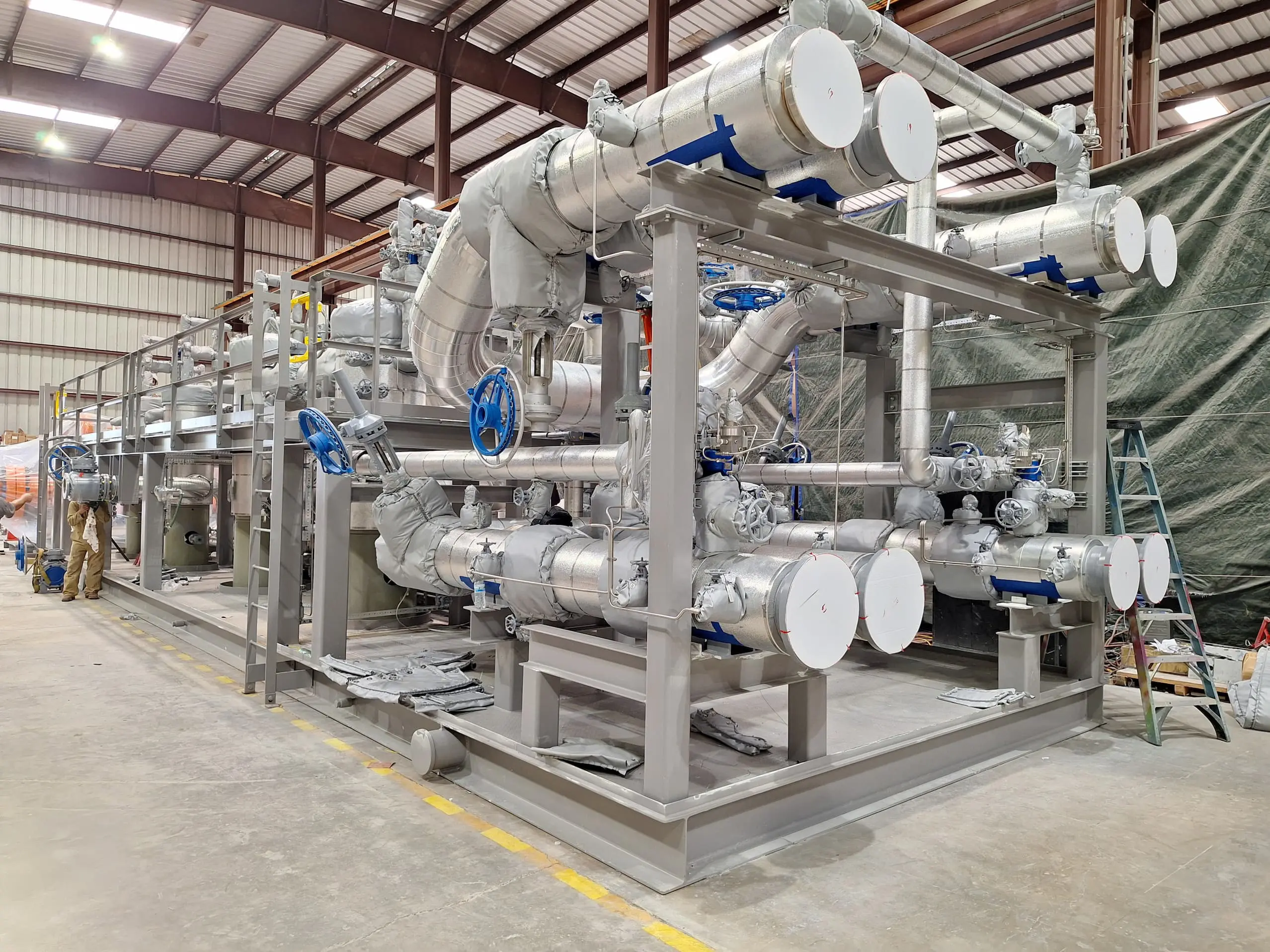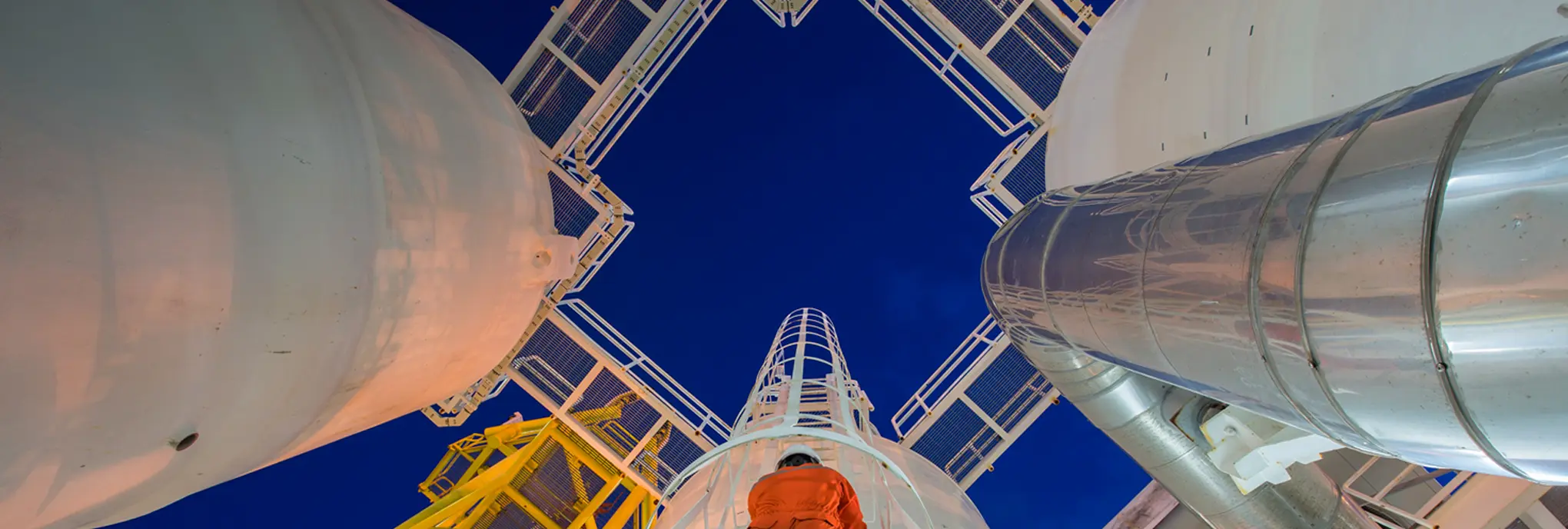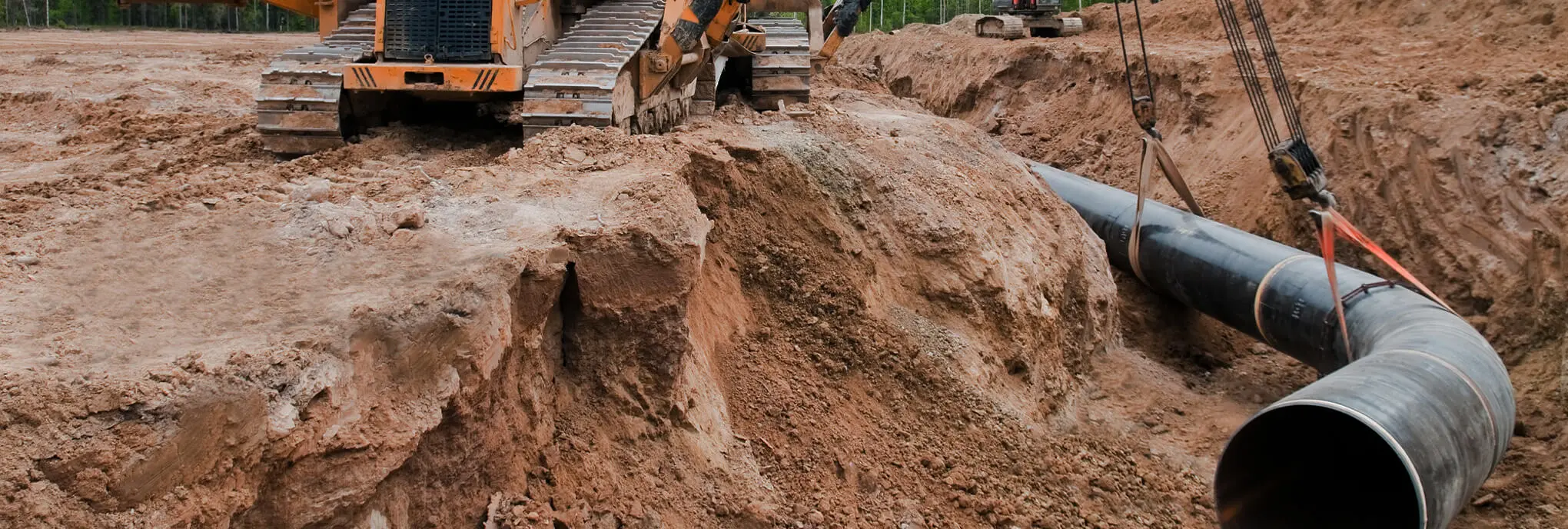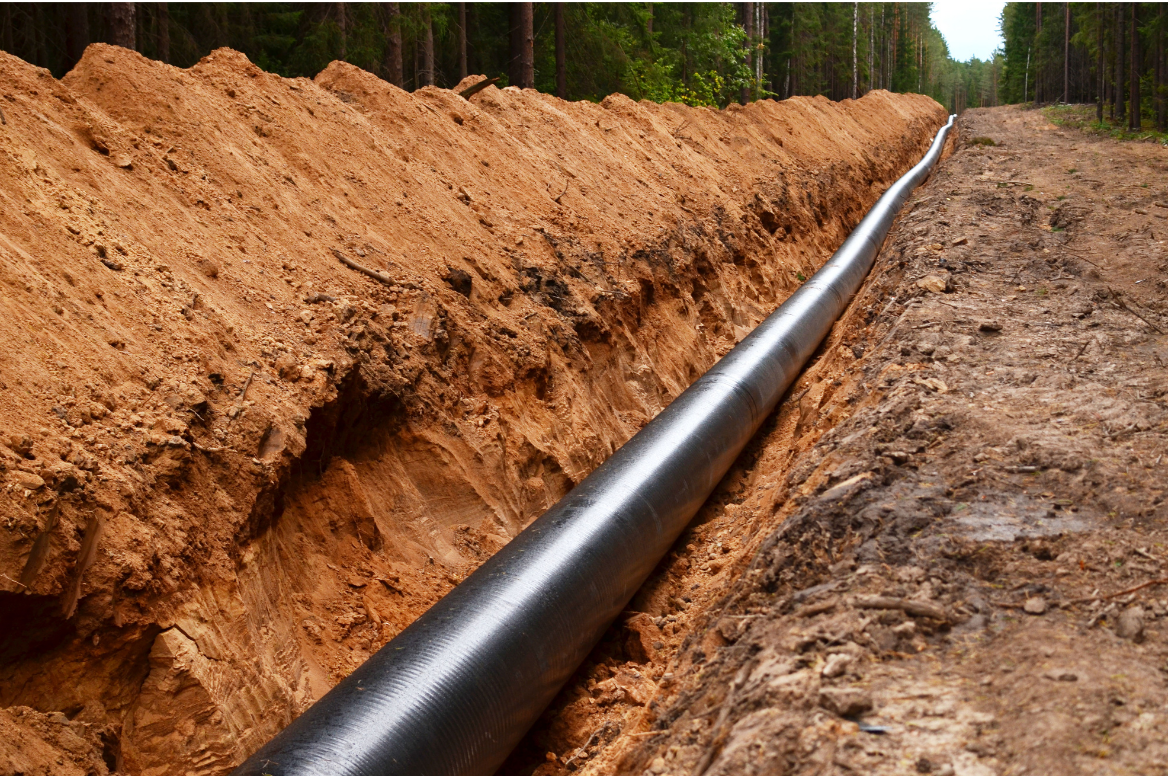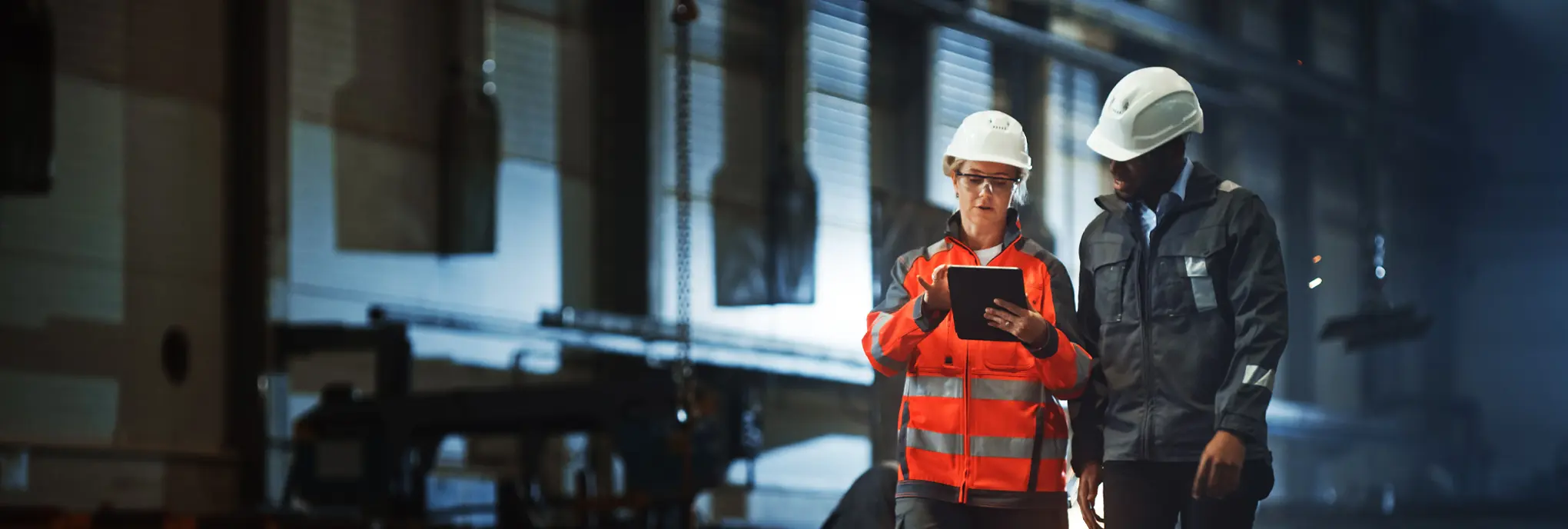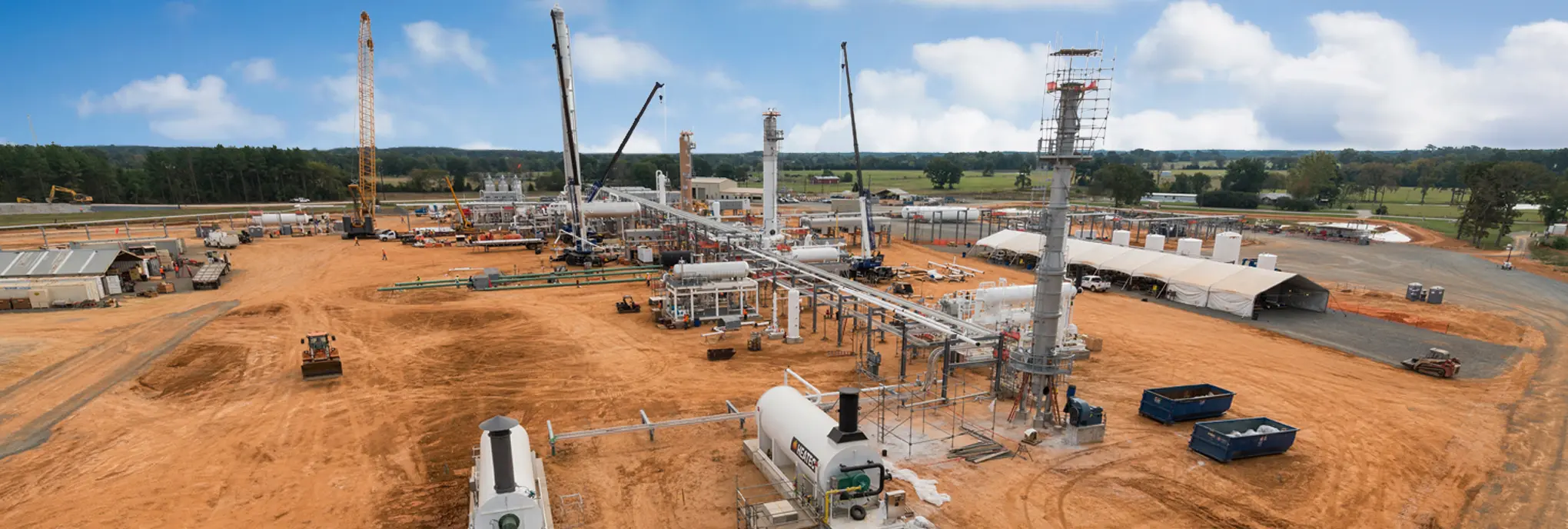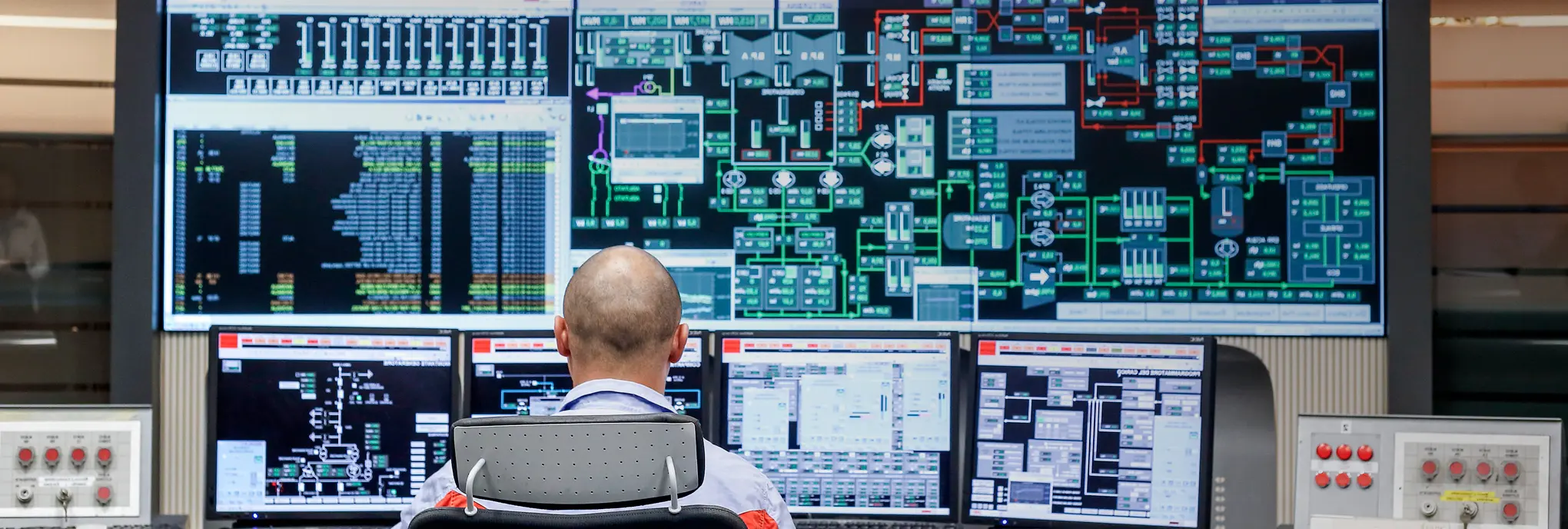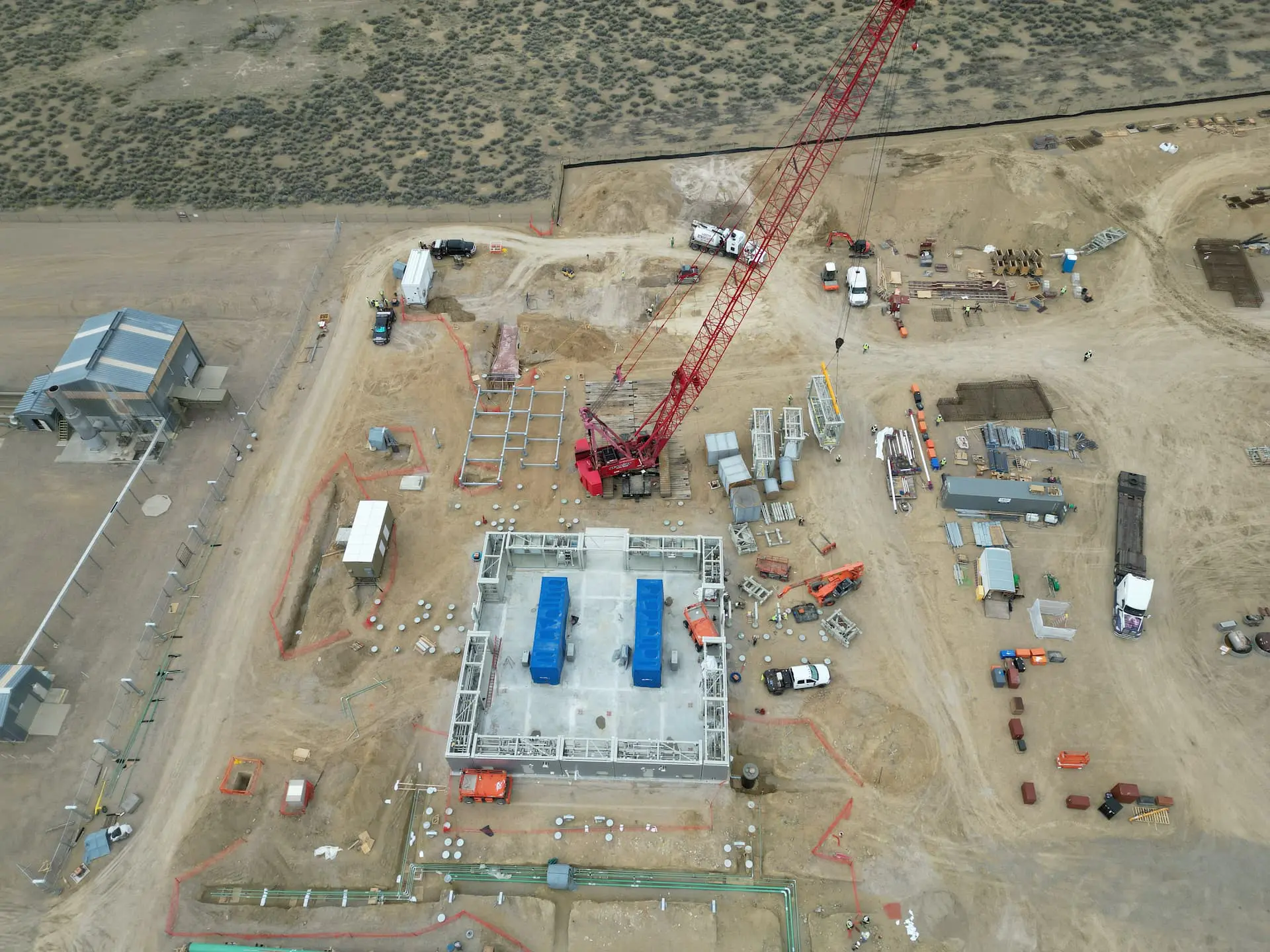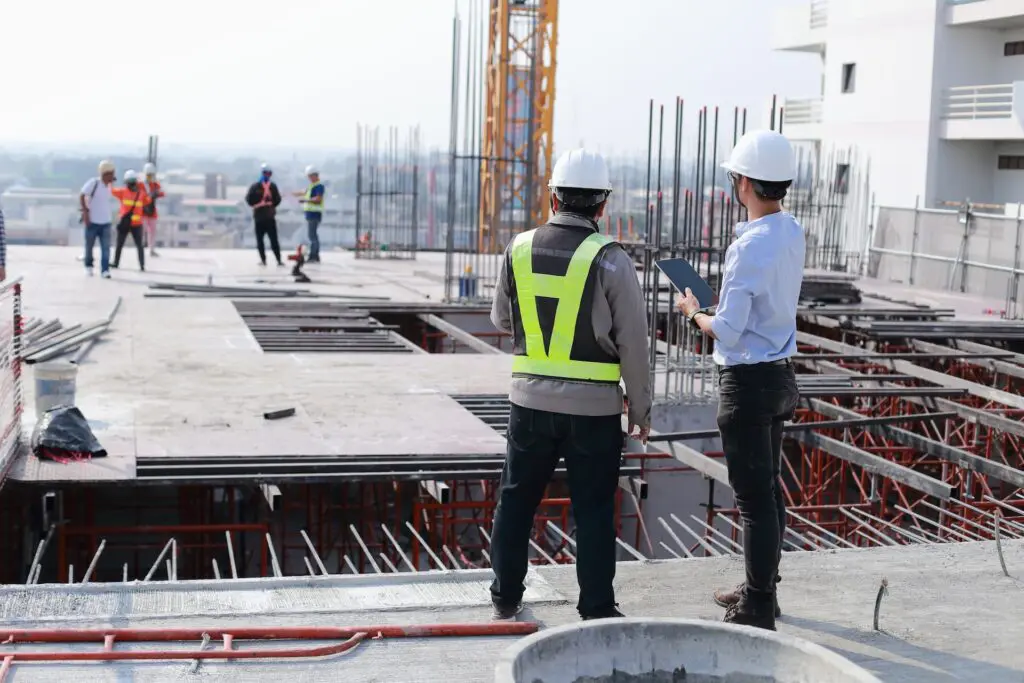

Want to share this article?
Who Needs An Owner’s Engineer?
A project owner, even with a capable management team, may not have the appropriate knowledge or resources to ensure effective project implementation and risk management.
The project may require one or more engineers with a very specific skillset, and that expertise may not exist within the company. In these cases, the project “owner” may turn to one or more owner’s engineers, who are responsible for providing independent third-party engineering consulting services to fill in those knowledge gaps. They not only provide design analysis, cost analysis, and builder recommendations to the project owner, but they also work with the design and construction team to ensure the owner’s vision and approved design are effectively being implemented.
History of Owner’s Engineering
The idea of the owner’s engineer has been around at least since the late nineteenth century (if not before), with many law and engineering journals during that time period referencing the owner’s engineer and their responsibilities. Take for example the 1895 case of Pollock vs. Pennsylvania Iron Works Co. and the declaration that just because a contract states “the owner’s engineer should interpret the drawings does not confer upon him the exclusive right to determine the construction and meaning of the specifications.” This case 120 years later still emphasizes the fact that even today the owner’s engineer must play a balanced role in protecting the owner’s interest while also not being too dominant of a presence on the designer or builder.
Responsibilities of an Owner’s Engineer
What other responsibilities does the owner’s engineer have? The authors of Design-Build Subsurface Projects provide insight into those services. First, the owner’s engineers are often required to study the project owner’s requirements and assess how feasible technically and economically proposed plans may be. Second, they may assist the owner with the preliminary and technical details of putting together a realistic request for proposal (RFP) for the design and build. Later, the owner’s engineer may act as counsel, providing advice and recommendations for selecting contractors and working with them. As previously mentioned, they also will work directly with the designer and/or builder to minimize the differences between the intended project and the as-built result. In total, the owner’s engineers provide a vital service to energy, transportation, and other companies undertaking projects requiring more on-site expertise. They have the potential to help reduce cost overruns, ensure contractual requirements are met, and increase operational efficiency.




